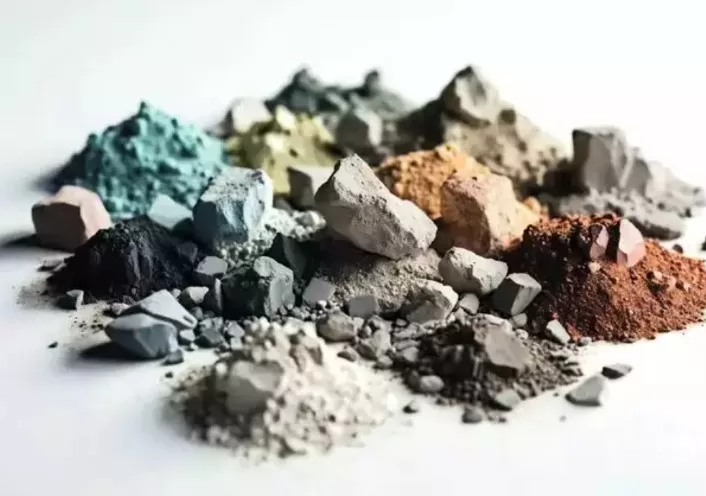The Union Cabinet, in a significant move, has granted approval for the establishment of royalty rates concerning three paramount and strategic minerals. As relayed by Information and Broadcasting Minister Anurag Thakur, the decision follows an announcement made by Mines Secretary Vivek Bharadwaj in September, signaling the imminent initiation of auctions for mines housing critical minerals.
Notably, the sanctioned royalty rates for lithium, Niobium, and REE (Rare Earth Elements) are set at 3 percent, 3 percent, and one percent, respectively.
This development arrives on the heels of previous reports in August, which indicated India’s readiness to embark on the auction process for around 100 critical mineral blocks. Among these assets earmarked for auction are sources of nickel, lithium, cobalt, platinum, and an array of rare earths.
Notable in the Centre for Social and Economic Progress (CSEP) report is the revelation that India’s mineral royalty rates rank among the highest globally, an aspect that has implications for the competitiveness of the mining sector. The report contends that the royalty payments, in addition to auction premiums, create a substantial burden for mining companies. Aligning these rates with international best practices, it is posited, will foster investment and growth within the mining sector. Reduced royalty rates, the report suggests, will serve as an encouragement for future mineral exploration and production within India.
Moreover, it is worth noting that India recently modified its mining regulations in July, thus opening doors for private mining companies to explore critical minerals such as lithium. This adjustment is of paramount importance for the forthcoming auction of lithium-rich blocks identified in Jammu and Kashmir, and the state of Karnataka.
Public-sector enterprises have been actively exploring global avenues in search of these invaluable mineral resources. Simultaneously, leading energy conglomerates such as Coal India Ltd. and NTPC Ltd. have been strategically planning their entry into the mining sector to access these vital materials. A clear testament to India’s commitment to secure critical mineral assets on an international scale is the establishment of Khanij Bidesh India Ltd., a joint venture involving three government-owned entities, with a particular focus on regions like Australia and South America.
In a report by Reuters, it was disclosed in September that the auction of lithium reserves in Jammu and Kashmir is imminent, with overseas mining companies expressing interest. India has been on a quest to ensure a stable supply of lithium, a fundamental raw material indispensable for electric vehicle battery production. In February, India discovered its first lithium deposits in Jammu and Kashmir, boasting estimated reserves of approximately 5.9 million tonnes. Plans are underway for the auction, while overseas miners have demonstrated keen interest in the venture, as reported by a government official.
These developments are poised to stimulate India’s mining sector, foster mineral exploration, and bolster the nation’s position in the critical mineral arena, which is increasingly vital in today’s dynamic industrial landscape.







